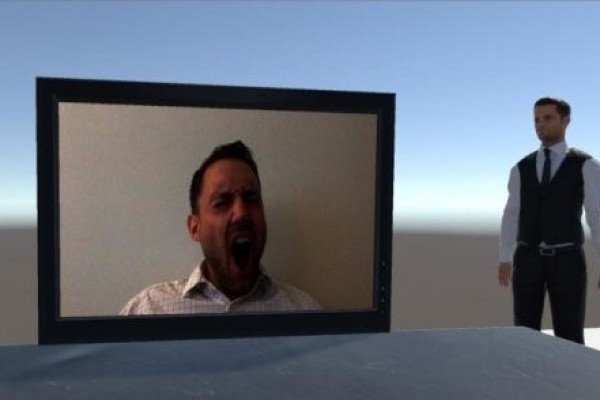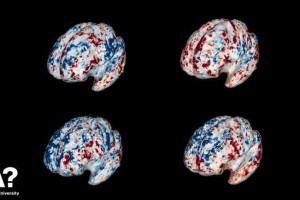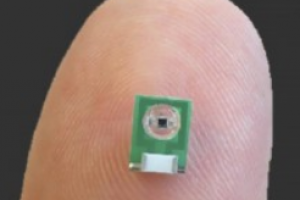People think and behave differently in virtual reality than they do in real life
Immersive virtual reality (VR) can be remarkably lifelike, but new UBC research has found a yawning gap between how people respond psychologically in VR and how they respond in real life.
Immersive virtual reality (VR) can be remarkably lifelike, but new UBC research has found a yawning gap between how people respond psychologically in VR and how they respond in real life.
"People expect VR experiences to mimic actual reality and thus induce similar forms of thought and behaviour," said Alan Kingstone, a professor in UBC's department of psychology and the study's senior author. "This study shows that there's a big separation between being in the real world, and being in a VR world."
You may read the whole text here.





Related Posts